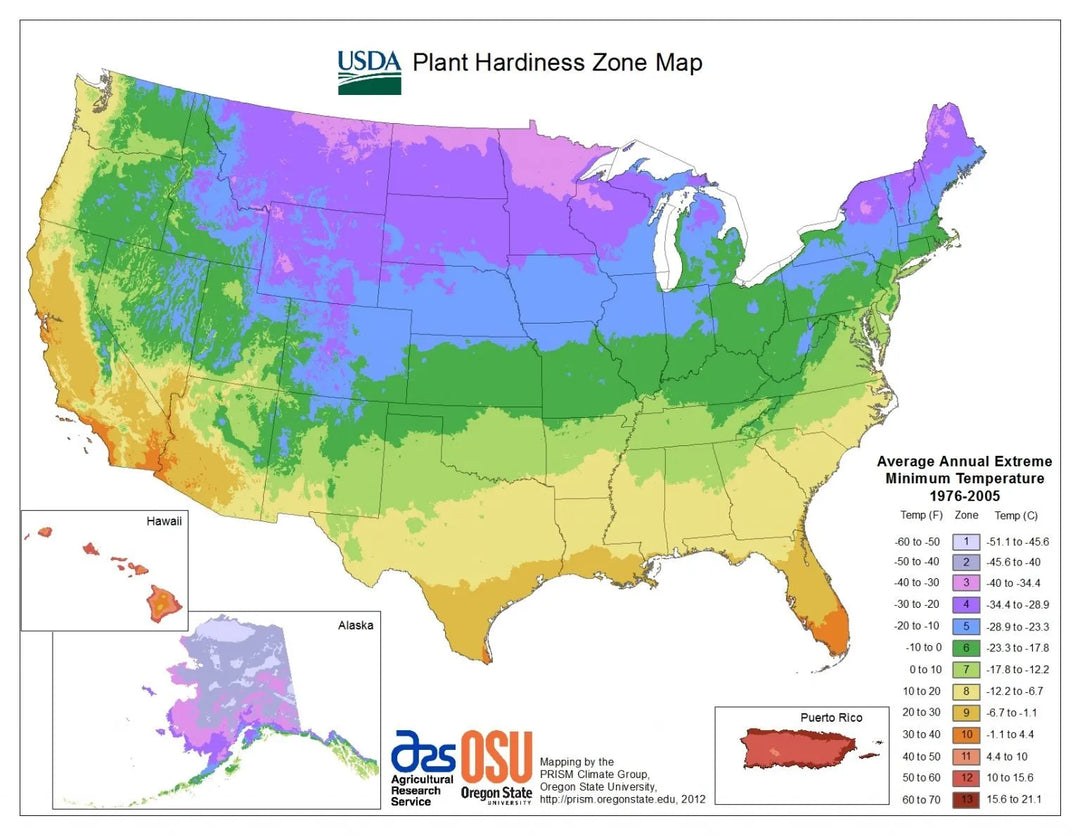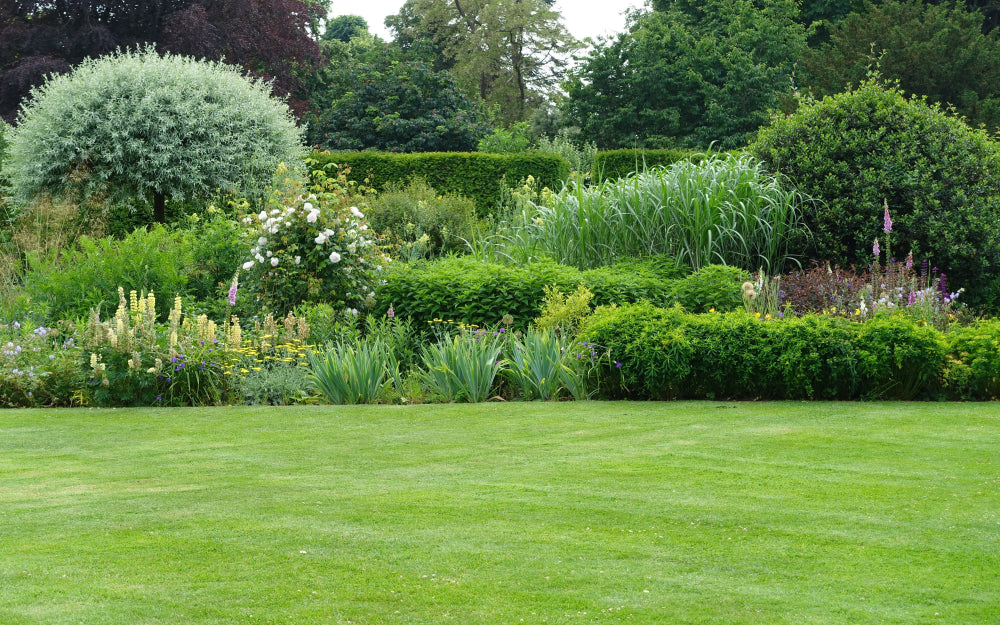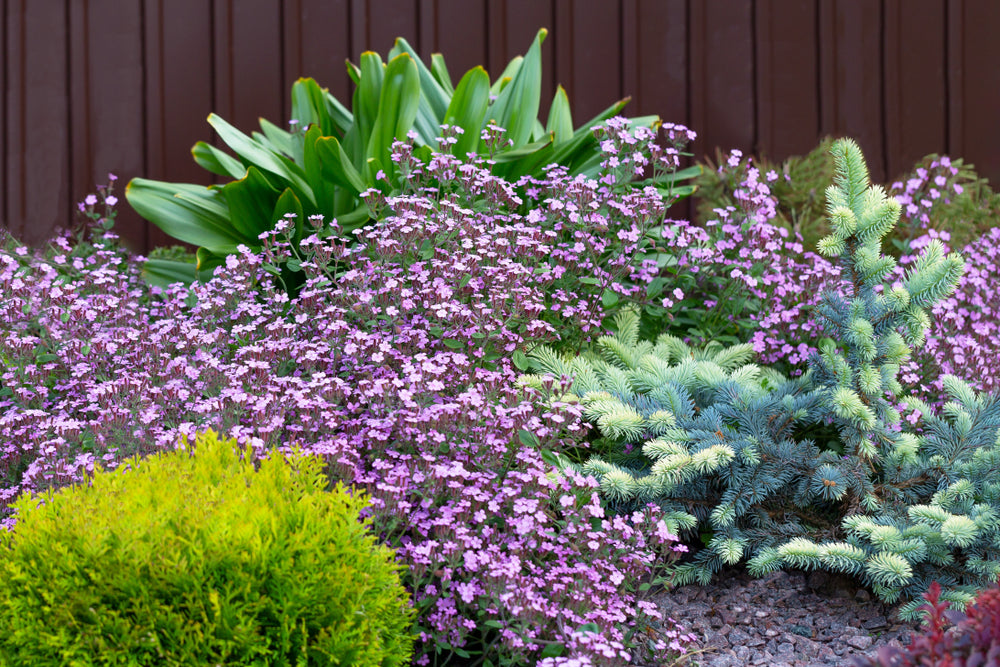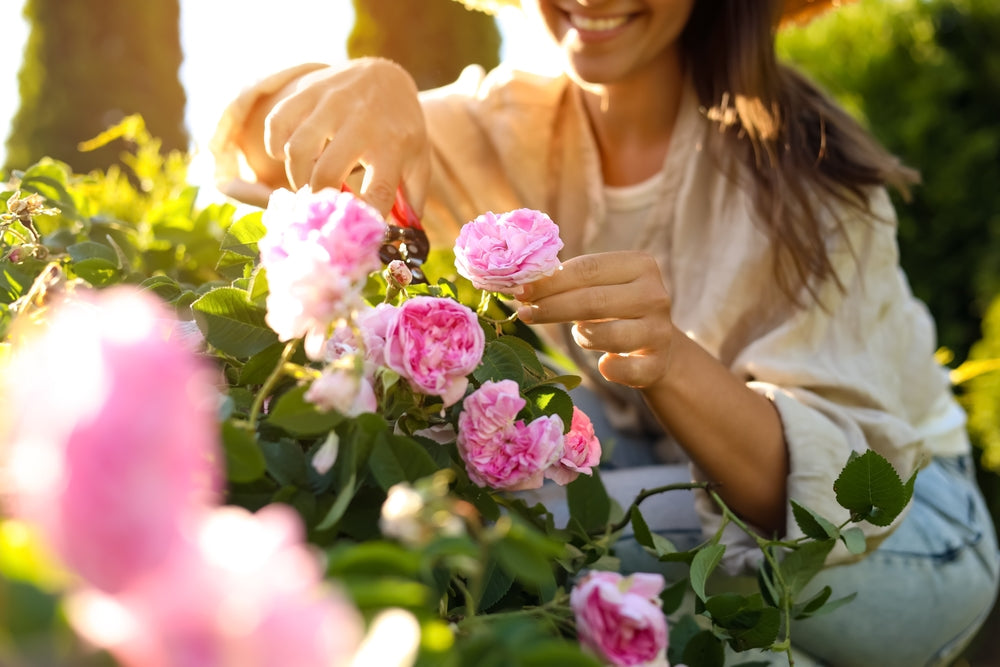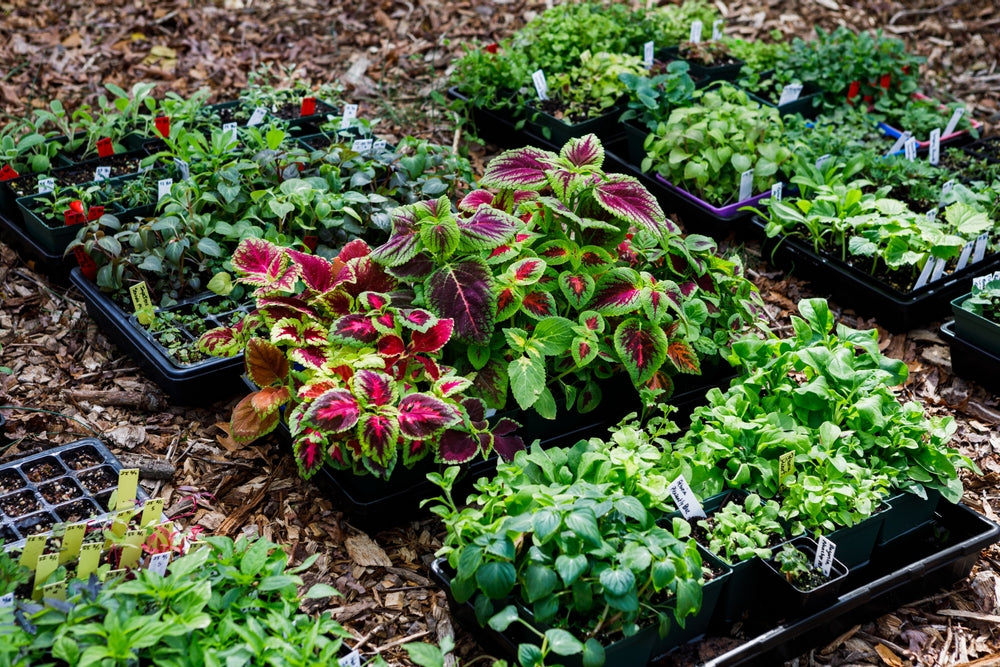Your Guide to Planting Perennials
Perennials are plants that come back every year without having to replant. They don’t require a lot of maintenance, but they can add color and beauty to your garden. Perennials also attract pollinators like bees, butterflies, and birds. They will die in the fall but will return when the weather starts to warm up. If you’re ready to start planting your own perennial garden, keep reading for our ultimate guide to planting perennials.
Characteristics of Perennials
Perennials are unique and attractive. People add them to their garden to incorporate color and texture and enjoy beautiful plants that return each spring. The best characteristics of perennial plants are:
- Long lifespan – They can live for years or even decades.
- Extensive root systems – They develop extensive root systems, so they are more resilient.
- Seasonal – They add seasonal color and texture to your garden.
- Adaptable – They are adaptable and can thrive in different regions and habitats.
- Pollinators – They attract pollinators.
Types of Perennials
There are three main types of perennial plants:
- Herbaceous perennials – The visible part of these plants die in winter, but their roots remain alive. They regrow in the spring from their roots.
- Woody perennials – These retain a woody structure above the ground year-round, though plants and flowers die off in the winter. They regrow their leaves and flowers in spring.
- Semi-evergreen perennials – These lose their leaves in the winter but regrow them in the spring.
An expert at your local nursery can help you decide which type is right for your region, or how to incorporate different types of perennials into your garden.
Choosing the Right Perennials for Your Climate
The best perennials for your garden are ones that will thrive in your climate. Understanding your USDA gardening zone will help you choose the right perennials for your garden. You can also choose hardy, all-around perennials that thrive in any climate.
When to Plant Perennials
The right time to plant perennials depends on the types of flowers you’re planting. If you choose summer and fall blooming perennials, you should plant them in spring. If you choose spring blooming perennials, you should plant them in the fall so they have time to take root before cold weather sets in.
Where to Plant Your Perennial Garden
Your perennial garden should be in an area that gets both sun and shade. Choose the location based on the needs of the perennial plants and flowers you plan to add. Because perennials come back each year, they need a lot of room to grow, and you shouldn’t plant other plants on top of them when they die off in the winter as their roots are still alive underground. The location you choose should also have ideal drainage, soil, and water requirements for the perennials you choose.
Tips for Planting Perennials in Your Garden
Ask an expert at your local nursery for advice or read the tags on each plant carefully before you begin planting. Make sure you are spacing each plant appropriately and giving it enough room to grow. Here are some tips for planting perennials in your garden:
- Dig a hole that is at least 1.5 times the size of the container the plant is in.
- Take care when removing the plant from the container and make sure all roots stay intact.
- Tease some of the roots free from the root ball.
- Make sure the plant is slightly above the surrounding soil when it is in the hole.
- Fill the hole with soil and push the soil down firmly around the plant.
- Water the plant generously after planting.
Caring for Perennials
While perennials are low maintenance, they do require care and attention. Here are some tips for caring for perennials:
- Check each plant tag to see what its sun or light requirements are and make sure it is planted where it can get the right amount of sun and/or shade.
- If your plant label says that the plant requires full sun, this means it needs at least six hours of direct sunlight each day.
- If the label says that the plant needs partial sun, it should receive filtered or dappled sunlight each day or three to six hours of sun exposure in the mornings.
- Perennials need soil with a pH of 6-7, and the soil should be well-drained.
- Use organic mulch to add nutrients to the soil.
- Water your perennials regularly. Most of them need an inch of water weekly.
- When temperatures exceed 80 degrees Fahrenheit, water your plants in the evening to make sure they don’t lose water to evaporation.
- Fertilize your plants in the spring and late summer to fortify them before winter.
- Use mulch to protect your plants, provide them with nutrients, and insulate them throughout the winter.
The Importance of Pruning and Deadheading Perennials
Part of caring for perennials is knowing when to prune or deadhead them. Pruning and deadheading your perennials will get rid of dead material so that new material has room to grow. You should prune or deadhead them in the spring or when you notice that flowers or leaves are dead, dry, faded, or brown. Trim away all dead flowers, stems, and leaves using shears. To prune perennial shrubs or bushes, trim off dead, damaged, brown, or dying foliage as close to the base of the plant as possible.
Where to Buy Perennials
You can buy perennials at an online plant store, a local nursery or plant store, or you can plant them from seeds. When buying online, make sure you are choosing perennials that are right for your USDA hardiness zone. If possible, speak to an expert at the online store to get advice on which perennials are right for your region. You should also ask them how they pack and ship plants, how long the plants will take to arrive, and if they offer any guarantee on the quality of their plants.
If you are buying perennials in person, visit a local nursery or plant store in fall or spring. You can ask the staff for advice on choosing the right perennials for your needs and goals. They can help you pick plants that will complement your existing garden and landscape design and add color and texture. They can also recommend the right place to plant your perennials and how to properly care for perennials.
Buy Perennials from Hahira Nursery
Hahira Nursery has a wide selection of high-quality perennials for sale in our online plant store and at our local nursery in Hahira, GA. Our experts can help you decide which perennials are right for you. Learn more about how we ship and transport plants, our wholesale pricing for local landscaping companies and retailers, and our selection in our retail garden store. You can also contact us online with questions.


